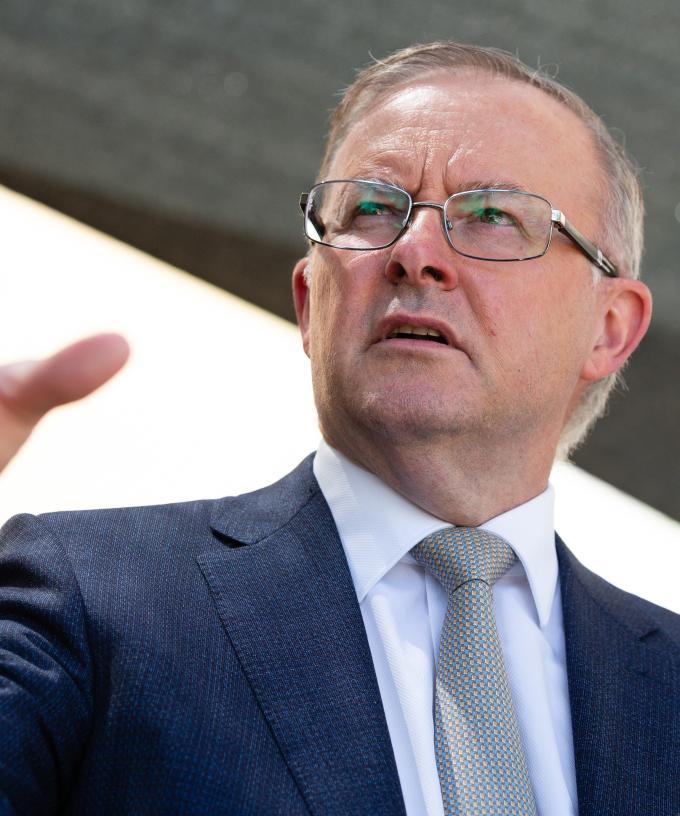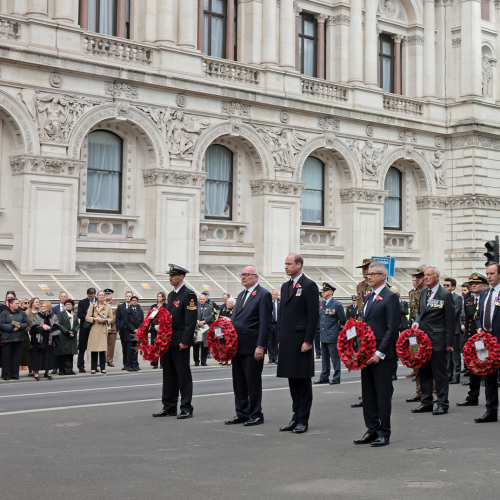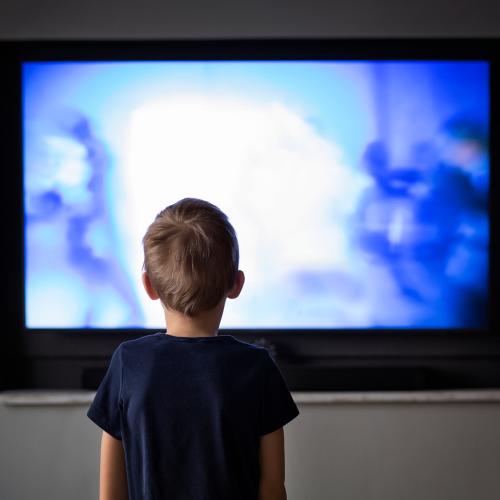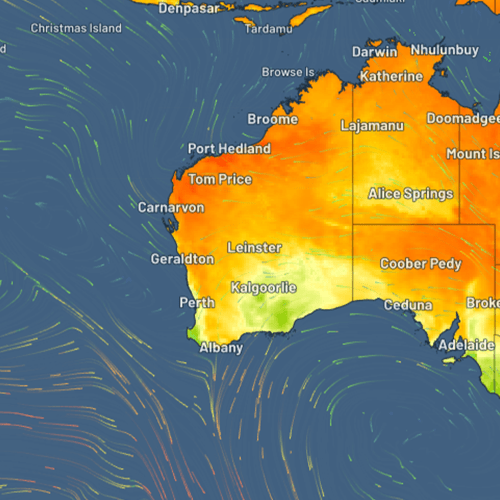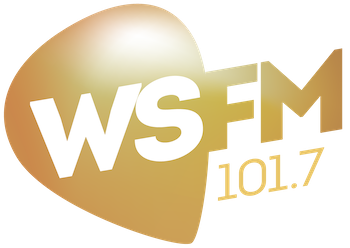Anthony Albanese will be forced to campaign from home after the opposition leader tested positive to COVID-19.
The Labor leader returned a positive result following a routine PCR test on Thursday afternoon, but is not showing symptoms.
Mr Albanese was due to fly out on Friday from Sydney to campaign in Western Australia.
He will instead isolate at his home in Sydney for seven days.
I will be isolating at home in Sydney for the next 7 days and will continue to follow health guidelines and advice.
While at home I will continue my responsibilities as alternative Prime Minister and will be fighting for a better future for all Australians.
— Anthony Albanese (@AlboMP) April 21, 2022
“While at home I will continue my responsibilities as alternative prime minister and will be fighting for a better future for all Australians,” he said.
“I am grateful to know that I will have access to the world’s best health care if I need it, because of Medicare.”
Prime Minister Scott Morrison sent best wishes to his election rival.
“Everyone’s experience with COVID is different and as Labor’s campaign continues, I hope he does not experience any serious symptoms,” Mr Morrison said on Twitter.
I wish Anthony Albanese all the best for his recovery after testing positive to COVID. Everyone’s experience with COVID is different and as Labor’s campaign continues, I hope he does not experience any serious symptoms.
— Scott Morrison (@ScottMorrisonMP) April 21, 2022
Labor campaign heads had prepared for the possibility Mr Albanese might test positive, with opposition frontbenchers set to play an expanded role over the coming days.
Mr Albanese is likely to still conduct press conferences virtually, should he not be experiencing COVID-19 symptoms.
The opposition leader had spent Thursday campaigning on the NSW south coast and in Sydney.
On Wednesday evening he spent time with Mr Morrison in Brisbane when the two leaders met for the first election debate.
Labor’s campaign launch, set down for May 1 in Perth, is expected to go ahead as planned.
Mr Morrison will still be on the campaign trail on Friday, starting day 12 in Queensland, where he will announce a $428 million upgrade to four defence force air bases.
Construction at Amberley, Richmond, Pearce and HMAS Albatross would create 600 new jobs, with the upgrades to be completed by 2024, News Corp reports.
The Australian Electoral Commission will also conduct the ballot draws at midday on Friday for all lower and upper house seats.
The electoral commissioner confirmed 96.8 per cent of the eligible population will be able to cast their ballot when Australia goes to the polls on May 21.
More than 17.2 million people are on the electoral roll, an increase of more than 804,000 since the last election in 2019.
Electoral commissioner Tom Rogers said more than 100,000 people were added to the electoral roll in the last week before the rolls closed.
“Around 80,000 young Australians aged 18-24 jumped online in the week after the election was announced, resulting in 88.1 per cent of that age cohort ready to have their say this May,” he said.
AAP
